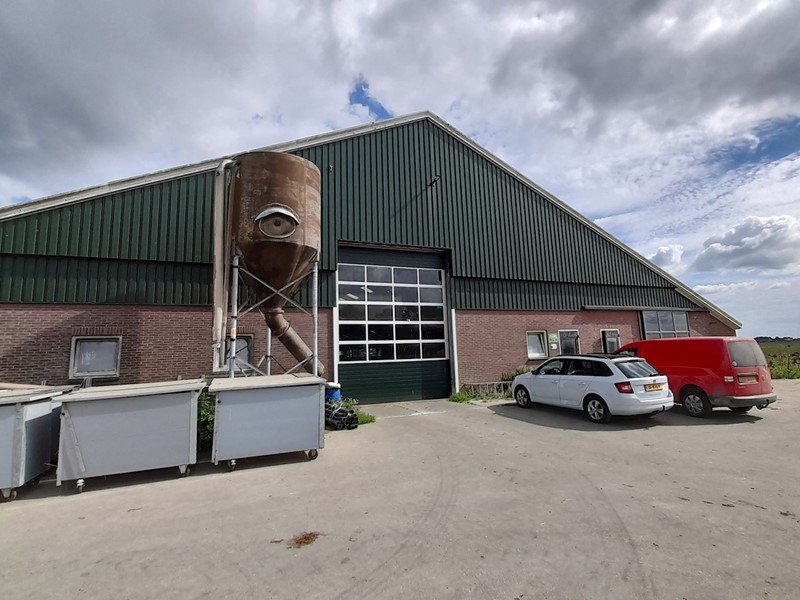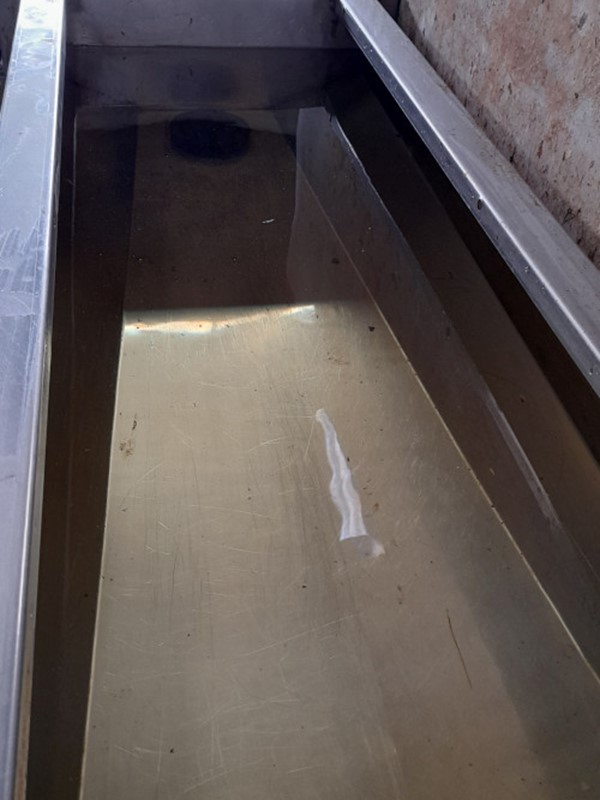"One sick cow costs more energy than 100 healthy ones"
"After four years of growth, it was time for optimisation." If anything is clear in the Rotteveel family's business, it is the direction being taken. Whereas the father set up the current location in 2004, it is now brothers Remco and Alex who set the course in the North Holland town of Ursem. Their motto is: Quality over quantity.
Optimising to stay in business
At first glance, this seems contradictory after doubling the herd to around 260 dairy cows, but Remco explains clearly: "In 2013, my brother and I joined forces. That means we now have three households to support from one farm. Fortunately, we have had the opportunity to expand in recent years. But after that, optimisation is a necessity: lots of new cows do not give peace in the barn."
Father agrees: "One sick cow costs more energy than 100 healthy ones. We are therefore keen to pamper the ladies as much as possible. In a few years, the boys will have to make it with two and then it is important to run just as well with less labour. We are therefore trying to keep it hassle-free here."

Sharing knowledge about innovations with colleagues
That such a statement is easier said than done, we can agree. Step by step is the mantra. With problems being solved and improvements implemented. One of these innovations is ensuring drinking water quality in the barn: "Especially during hot periods, the availability of drinking water was not sufficient. This meant that cows sometimes stood by an empty tank: that's not nice for the animal itself and of course costs milk. We found out that the pipes were clogged by red sludge, so there wasn't enough pressure to get the water through. We couldn't manage to get this under control ourselves and have been looking for where to get the knowledge from."
The slime Remco describes is biofilm. Bacteria in the pipes can be amplified by using buffer vessels and cool water as drinking water, for example. This a common problem in animal farming and so it didn't take long to find a solution. "Online, I had already read some stories about Watter. Including that of Simon Ruiter, who we know because Simon's daughter came over here as a feed consultant. I read about their challenge with water and how they solve it with the Watter system. After one phone call with them, I was actually already convinced. However, when it turned out that the crystal-clear troughs of a farmer friend from the village next door (ed. Oterleek) were also the result of Watter, we immediately sent for the representative."

Clean water: basic need under all improvement
Watter had already proven itself within a few weeks: "The water became cleaner, the sludge in drums and pipes disappeared, and the tanks overflowed because the floats could no longer handle the pressure. These were still high because of the biofilm," Remco adds, "With the result that the cows drank better, with the head deeper in the tank and big gulps. Besides, we also enjoy it because the feed residues no longer stick and we never have to scrub again."
When asked what results in clean water offers their farm, there is a firm answer: "Drinking water is a basic need and the foundation of any improvement. Cell count, claw health, production, you name it. When the water is clean, overall resistance improves and that means it automatically runs better on the farm. Too often, as dairy farmers, we think that water should not cost anything, but believe me: the Watter system is a prerequisite for all other improvements."
Are you interested in finding out more?
Do you want to know if the Watter-system can help with your water issues? Then contact us!



